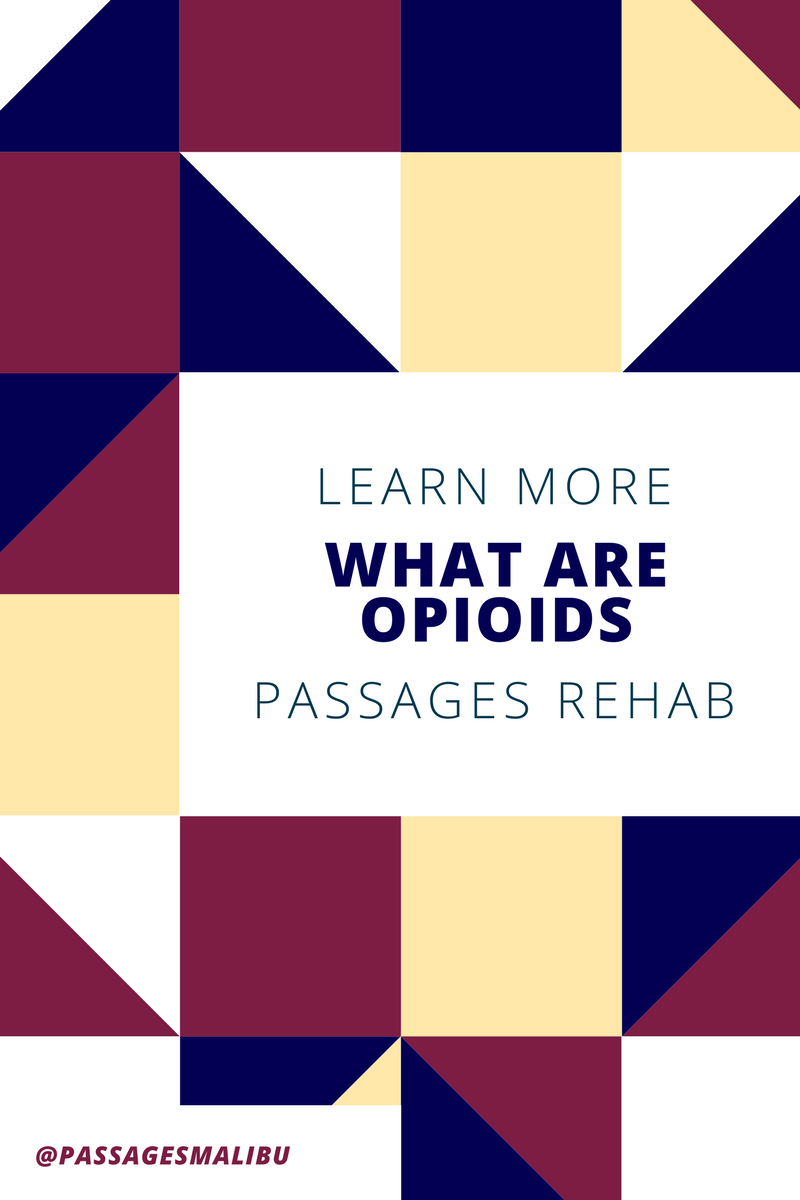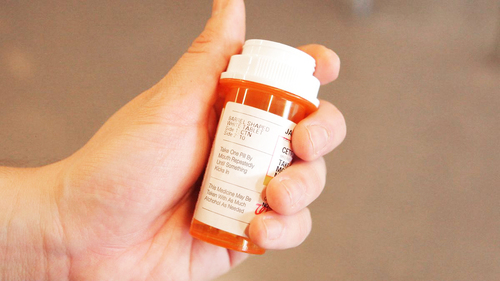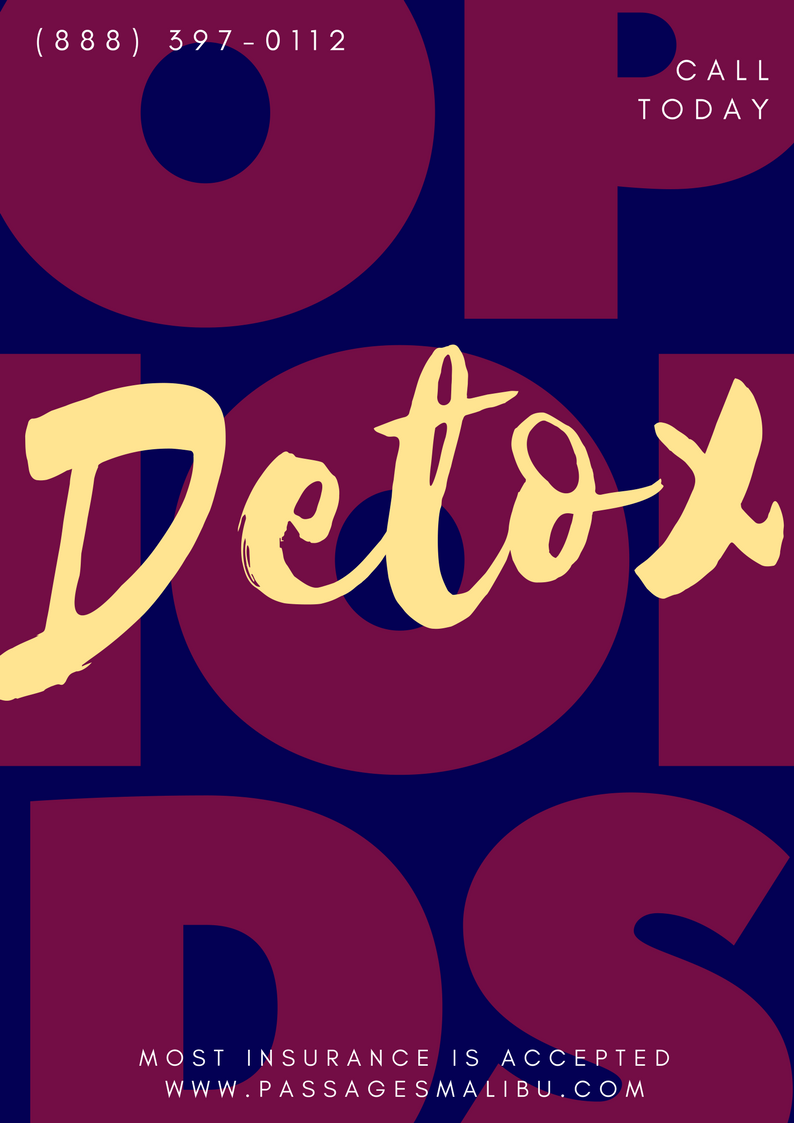By Jennifer McDougall
Opioids are prescribed to those with suffer from severe acute or chronic pain. Unfortunately, this drug is extremely addictive and dangerous even when taken as prescribed by a doctor. Many people who take opioids become physically dependent on the drug, making it difficult to detach or ween off once the pain has subsided and the drug is no longer needed. In America, more than 95 million people have a prescription for opioids and today’s records show that nearly 100 people a day die from an overdose of this pain relieving and all too accessible substance. Chances are you know someone who has either lost their life to an opiate addiction or who is currently heavily medicated on an opioid prescription. This highly addictive drug typically comes in pill form and can be fatal when mixed with alcohol or heavy doses other prescription drugs. The number of those in their late teenage years to early twenties experimenting with opioids have been on the rise the last 5-10 years. There is no sign of the death toll from overdoses slowing down. Learn more so you can help educate those around you and hopefully get the help you need before it takes another precious life from this world.

Why do people take opioids?
- Back pain from an accident
- Post surgery pain relief
- Chronic pain due to cancer or other illness
- Others take opioids to get high and numb emotional pain and trauma
- Some take opioids due to peer pressure
Types of Opioids
- Oxycodone (OxyCotin, Percodan, Percocet)
- Hydrocodone (Vicodin, Lortab, Lorcet)
- Diphenoxylate (Lomotil)
- Morphine (Kadian, Avinza, MS Contin)
- Codeine
- Fentanyl (Duragesic)
- Propoxyphene (Darvon)
- Hydromorphone (Dilaudid)
- Meperidine (Demerol)
- Methadone
Street Names For Opioids
- Hillbilly heroin
- OC
- Oxy
- Percs
- Happy pills
- Vikes
How do opioids affect the human brain?
When opioids are consumed orally the substance compound attaches to proteins found in the brain, gastrointestinal tract, spinal cord and other organs in the body, called opioid receptors. They affect areas of the brain that promote feelings of relaxation and euphoria. Opioids change the perception of pain in the brain, allowing the human body to feel relieved of chronic discomfort and in many cases, reach a floating high where a person is numbed down. This feeling is not only what keeps people coming back for more of the drug, but also the compulsion to keep using to avoid withdrawal symptoms.
Depending on the amount taken, opioids can cause major drowsiness, constipation, difficulty in breathing properly, or sadly in many cases, death.
What happens when a person stops taking opioids?
- Restlessness
- Anxiety
- Bone and muscle pain
- Nausea or vomiting
- Insomnia
- Cold sweats
- Involuntary leg twitching or shaking
- Abdominal cramping
Where can someone get treatment for opioid dependency and detox?
A supervised medical detox is advised when coming off opioids (or opiates). At Passages Addiction Treatment Centers, we professionalize in quality care for opioid and other prescription drug and alcohol detox and holistic treatment to completely break free from this brutal and life-threatening issue. There are many people who are in deep need of treatment but refuse to reach out for help. Don’t be one of those people. Passages offers several program options for you to be sure you are treated throughly in a safe and comfortable setting. It is not recommended that you try and detox from opioids from home. Instead, enroll in one of our 30-90 rehabilitation programs.
Also, read: “Treating Opiate Addiction at Passages Drug Rehab Center”
How to Contact Passages Addiction Treatment Centers:
Call Passages Addiction Treatment Centers today if you or a loved one is battling an addiction to drugs and alcohol. Our admissions department is available 24/7 and can be reached directly by calling our toll-free number at (888) 397-0112. We look forward to speaking with you soon.
Passages, Where Addiction Ends and Life Begins™
Follow us on Facebook, Twitter, Instagram, and Pinterest!



